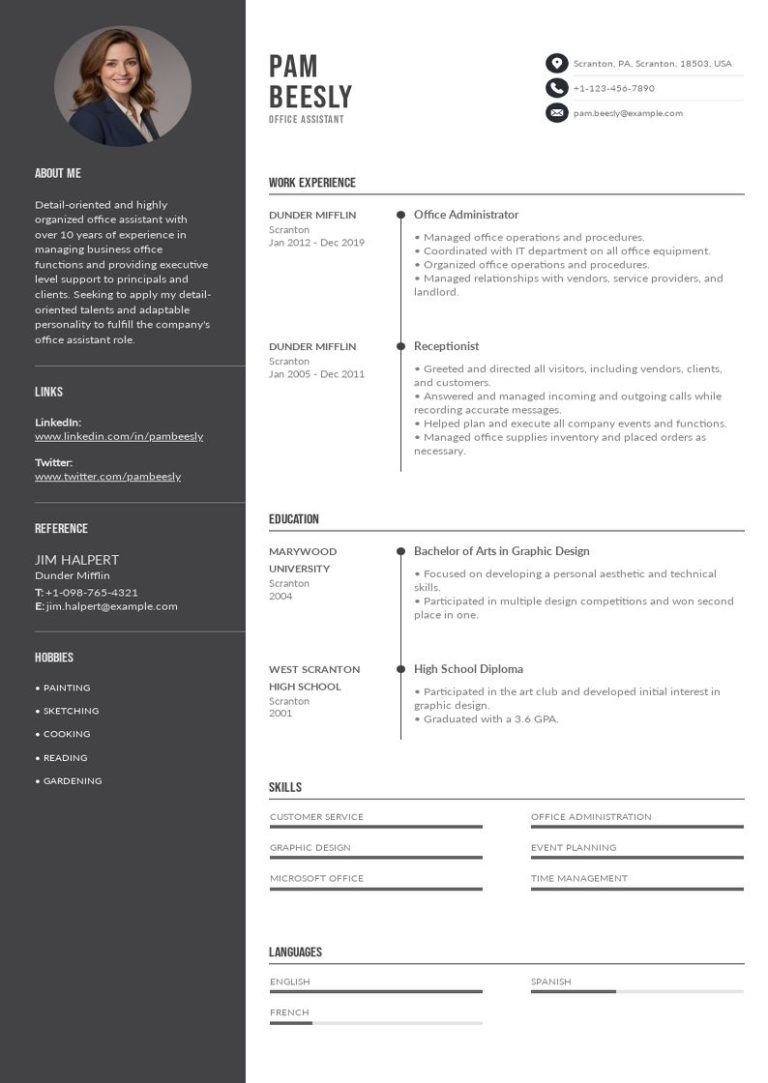Were You or a Family Member Involved in a Vehicular Accident? What You Should Know.

Vehicular accidents can be a source of profound distress and confusion. Being involved in a car accident, whether personally or through a family member, often leaves individuals grappling with a mix of emotional and physical challenges. Understanding what to do post-accident can have significant implications for your health and well-being.
Understanding the Gravity of Vehicular Accidents
The impact of vehicular accidents is far-reaching, with significant consequences for those involved. Importantly, Georgia’s Department of Public Health highlighted in 2020 that automobile accidents were the leading cause of fatalities in the state and ranked second for hospital admissions. These statistics are a stark reminder of the critical importance of staying informed and prepared.
Car accidents can disrupt lives, causing physical injuries and emotional trauma that influence one’s health. Understanding the risks and statistics helps in realizing the seriousness of staying attentive and cautious on the road. Awareness is the first step in mitigating the negative effects associated with these unfortunate incidents.
Vehicular accidents present a tangible risk to daily life, evidenced by alarming statistics. The ripple effects from such accidents can often lead to drastic life changes, demanding adaptation and rehabilitation. This context underscores the pressing need to prioritize road safety and awareness at all times.
Common Accidents and Their Impacts
Accidents, unfortunately, are all too common on roadways around the world. According to data from Value Penguin, approximately 14,386 car accidents occur daily, highlighting the critical need for diligence on the road. Such frequent occurrences of vehicular accidents result in substantial physical damage and injuries.
The sheer frequency of these accidents underscores the extensive nature of vehicular mishaps that drivers face and the importance of maintaining focus while driving. Drivers should be vigilant at all times to avoid contributing to these staggering numbers. Being aware of these statistics can help drivers remain cognizant of the risks and encourage safer driving practices.
The consequences of daily accidents range from minor bruises to severe injuries, affecting many individuals. These outcomes often necessitate immediate medical attention and prolonged recovery periods. Understanding the prevalence and impact of vehicular accidents can help individuals and families prepare better for the potential aftermath.
Understanding Vehicle Damage and Immediate Steps
Damage to vehicles in accidents can vary significantly depending on the nature of the collision. According to insights from Pathways by Amica, damage to the front bumper accounts for nearly a third of all accident-related damages. This information emphasizes the specific vulnerabilities in vehicle design that often incur the most damage.
Immediately following an accident, assessing the state of personal health alongside vehicle damage is crucial. Injuries can be deceptive, not always visible immediately, and it is essential to seek medical evaluation to ensure comprehensive physical recovery. Moreover, understanding potential vehicle damages, like the bumper, can guide discussions with insurance providers.
Being equipped with knowledge and awareness about potential damages helps in making informed decisions post-accident. Securing a thorough assessment from a qualified mechanic can prevent further complications and ensure vehicle safety. This approach aids in the smooth handling of insurance claims and fortifies personal and vehicular recovery.
Health and Recovery Post-Accident
Health should be the primary focus following involvement in an automobile accident. Immediate and thorough evaluation by healthcare professionals is paramount to address visible and any latent injuries. Attending to both physical and mental health is necessary for a holistic recovery process post-accident.
Emotional trauma from such incidents also requires attention as part of the overall health recovery strategy. Mental health services can provide support to those dealing with stress or anxiety resulting from vehicular accidents. Addressing these concerns positively impacts recovery time and life quality post-incidence.
A well-rounded recovery plan also involves coordination with healthcare and insurance providers. Understanding how to navigate the aftermath responsibly alleviates further stress and focuses on restoration of health and normalcy. Encouraging families to be supportive can greatly bolster the healing process across physical and emotional dimensions.
Accidents are an unfortunate reality of modern transportation. Being informed about accident statistics and damage can influence perceivable outcomes and contribute to effective management in the aftermath. Ensuring both physical and mental health remains a priority can aid significantly in recovery and returning to a semblance of normal life.
After a vehicular accident, understanding the wide-ranging impacts and necessary options is empowering. This knowledge helps shape an informed and proactive approach that ensures recovery and safety. Continued awareness and education about vehicular accidents foster safer communities and roads.
By leveraging available resources and prioritizing health, individuals can navigate the challenges following an accident more confidently. Ultimately, preparedness and knowledge are powerful tools that can significantly alleviate the repercussions of these unfortunate events. Information and vigilance can pave the way to safer journeys for everyone.


